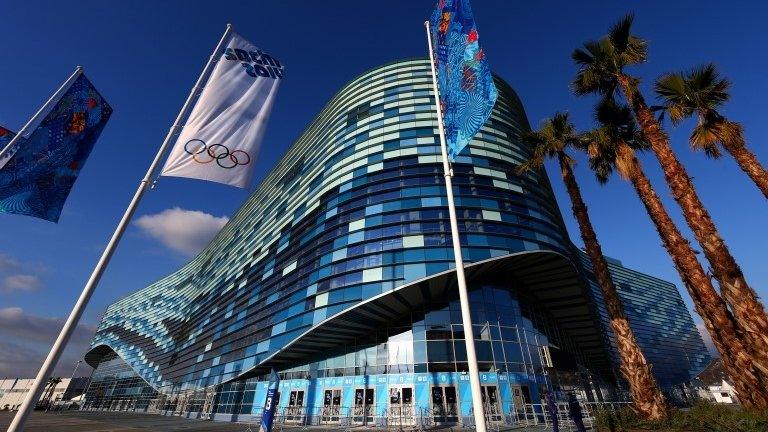Sochi 2014: F1 technology powers British bobsleigh medal bid
- Published
Discover the technology powering the British Bobsleigh team
Secret squirrels, covert recordings and a supply deal with the Germans.
It has all the hallmarks of a World War II conspiracy theorist's dream, but they are in fact the elements of British Bobsleigh's bid for Winter Olympic success in Sochi.
'Project 50', external - as it has been dubbed - comes half a century on from Team GB's only Olympic gold medal in the sport, achieved by Tony Nash and Robin Dixon at the 1964 Games in Innsbruck, Austria.
Behind the scenes with GB Bobsleigh pilot Lamin Deen
Technological developments are now more crucial than at any stage in the sport's history and as such Formula One team McLaren [Applied Technologies] and British Aerospace [BAe Systems] have been recruited to boost Britain's medal prospects.
With pilot John Jackson leading his four-man crew to European silver last month and posting the quickest time in one of their pre-Games training runs, they would appear to be on-course to at least match the sport's last Olympic success - a bronze medal achieved in 1998.
"Secret squirrels are elements of the project that we've been keeping under wraps," British Bobsleigh performance director Gary Anderson told BBC Sport.
"They are like buried nuts which we're now starting to uncover - ready to unleash at the Olympics and the signs so far are very positive."
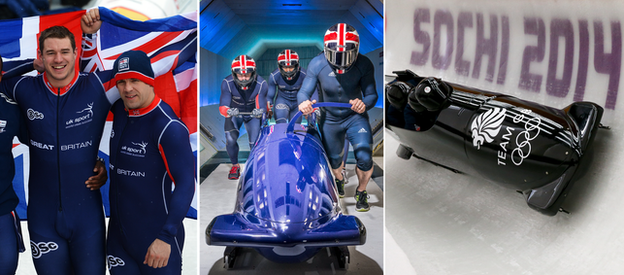
GB Bobsleigh - winning European silver, utilising cutting-edge technology and practicing in Sochi
Anderson joined the setup in the summer of 2010, tasked with shaking up the programme after a disappointing Vancouver Olympics, external where two of the four crews crashed and their best result was 11th.
They initially had all of their funding pulled but Anderson and his colleagues were able to convince UK Sport to invest in the programme after impressing them with their ambitious medal-winning eight-year plan.
A large portion of the £3,304,250 award, external they received has been invested in innovative cutting-edge technology and hiring experts from McLaren and BAe Systems.
This move began to pay dividends over the last year after the sport launched a new 'Omega system' which monitors all aspects of the sled as it slides down the track.
It produces a colossal amount of data, but the vast majority of teams have struggled to analyse it.
"The access we have to equipment and software gives us the potential for much quicker progress than the traditional garage enthusiast's approach [which some nations have]," said McLaren designer James Roach, who has been working with the British programme since 2010.
"What we have discovered is that we can use data loggers from F1 cars to gain detailed information about how the sled is responding to changes on its journey from start to finish."
Anderson continued; "They attached a wireless connection to every single instrument on the sled, which gives us lots of instantaneous feedback on vibration, angle of tilt, speed and velocity.
"What we would do is look to minimise the vibration so it is losing less energy."
Leading Great Britain Bobsleigh pilot John Jackson is something of a technological miracle himself having come through pioneering surgery on a ruptured Achilles tendon in July.
It reduced his rehabilitation time to less than a third of what traditional treatments would have recommended and he is impressed by the sled developments he has seen.
"The technology coming into the sport is absolutely amazing so we need to try and grab every 100th of a second and extra point of a mile-an-hour we can because it all counts," Jackson told BBC Sport.
"With McLaren, Ferrari and BMW all getting involved and making sleds and equipment it's almost getting like formula one."
Roach - who helped create the Olympic gold medal winning sled Lizzy Yarnold used in Sochi and Amy Williams four years earlier, external - agrees and believes his colleagues find to be a motivational factor.
GB bobsleigh pilot Jackson on his "astounding" injury rehab
"At one point last year during off-season testing in France there was McLaren, Sauber and Ferrari as well as BMW all trying out new equipment with different nations, so there was a bit of trying to get the upper hand," he said.
"We're quietly confident about the future and having competitors like that both keeps you on your toes and motivates you.
Not all nations have been happy with GB Bobsleigh's developments though and several filed protests over two mysterious 'red box' data recorders at the front of the British sled earlier in the season.
They were subsequently withdrawn after the British team agreed to share 'some' of the data, but it was far from the GB team's only development tool.
Last summer they tested the aerodynamics of the sled, helmets and kit at BAe Systems' wind tunnel at Warton in Lancashire - which is usually reserved for fighter jets.
"If you can get the right equipment you have a chance, but you need that edge if you want to win a medal," said Jackson, 36, who is also a royal marine sergeant and won a historic World Cup silver in December.
"We found a lot out in the wind tunnel testing and without giving too much away it was a good evolution which will improve our performance on the track."
In addition to data analysis McLaren Applied Technologies have played a key role in sled enhancements including design of the 'runners' which allow the craft to slide down the ice.
However, the basic chassis of the bobsleigh is in fact German, with manufacturer 'Singer Carbontechnik' supplying British sleds for many years.
In the long-term this is a relationship which Great Britain aims to end before 'Project 50' reaches full maturity come the 2018 Winter Olympics in Pyeongchang, South Korea.
"When you're buying sleds from another nation you're only ever going to get their second-best sled," admitted Anderson.
"We're working on a production line of sleds which will soon be ready for testing which makes for an exciting future."
Roach continued; "We've designed a four-man sled which will be used later this year - it's the next natural step from where we have come from by designing smaller elements."
Katherine Grainger gets tips from John Jackson on the correct way to get into a bobsleigh
Great Britain will not be able to use their wireless gadgets during the Sochi four-man bobsleigh event itself due to an Olympic ban on these technologies.
However, with the enhancements and improvements made to date the GB squad are convinced it will boost their medal prospects.
"It's certainly not going to hinder us," Anderson said.
"Everything we do here is to go faster and I think that provided we can make the adjustments we need to on the day, we'll be fine."
- Published16 February 2014
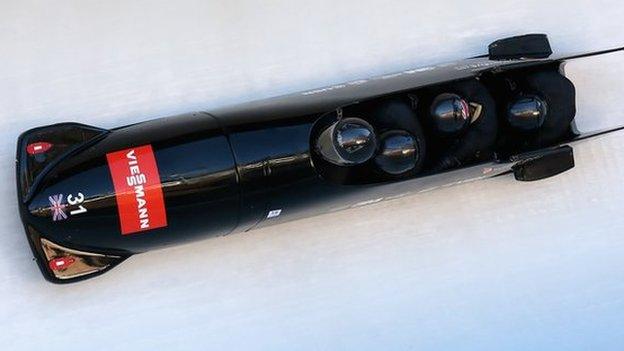
- Published15 February 2014
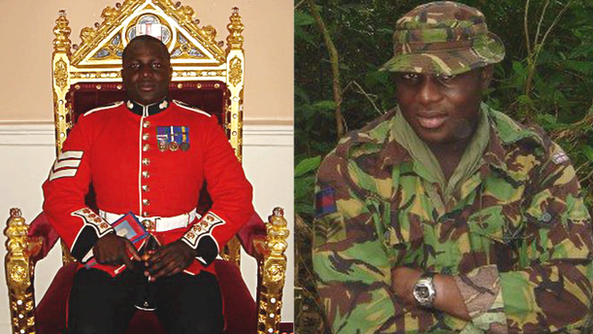
- Published13 February 2014
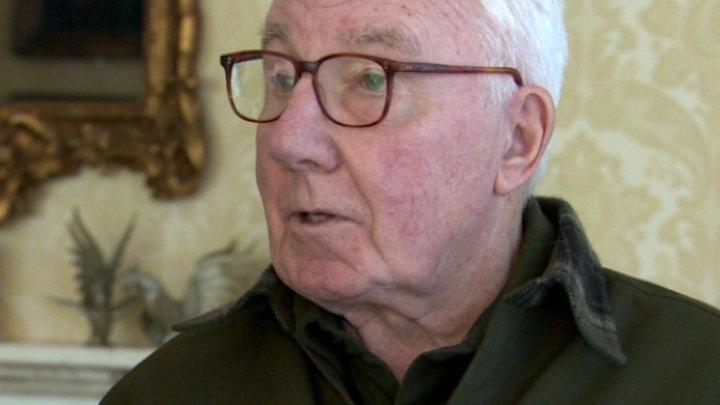
- Published18 February 2014
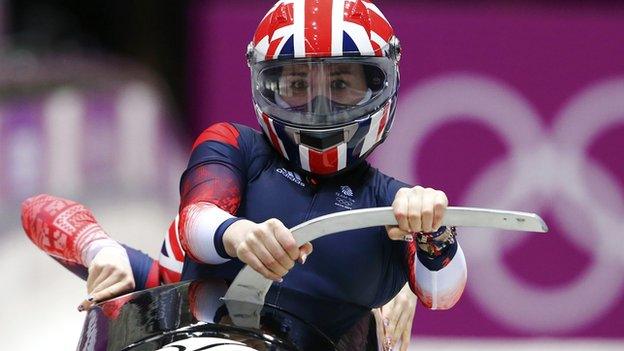
- Published15 October 2013
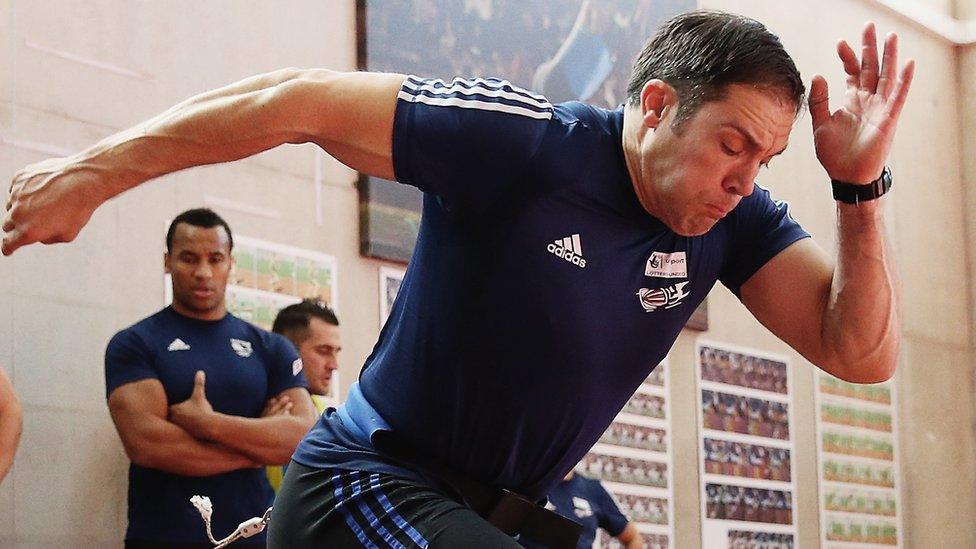
- Published19 July 2016

- Published17 February 2014
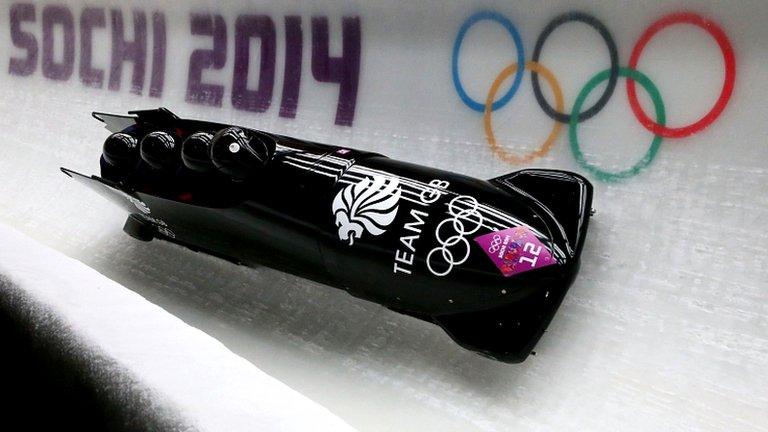
- Published10 January 2014
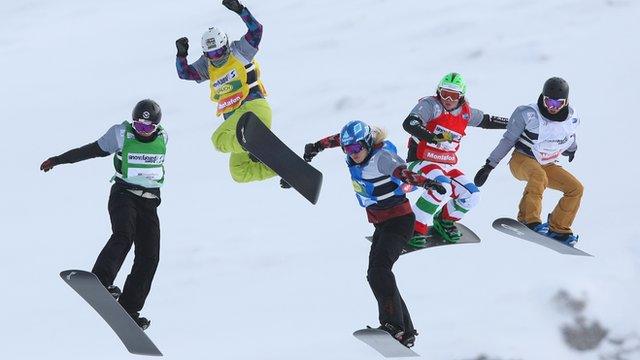
- Published22 January 2014
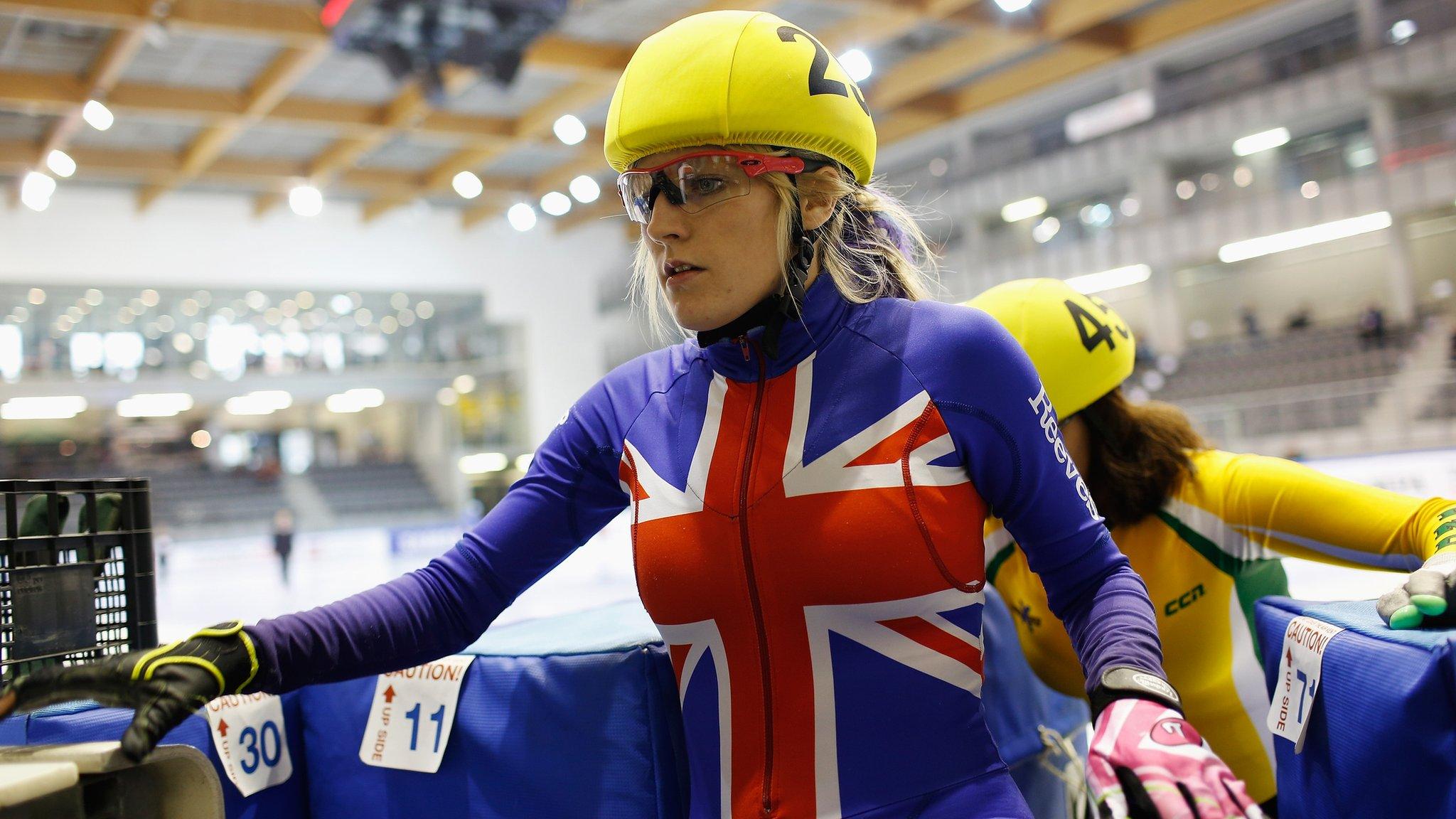
- Attribution
- Published5 February 2014
